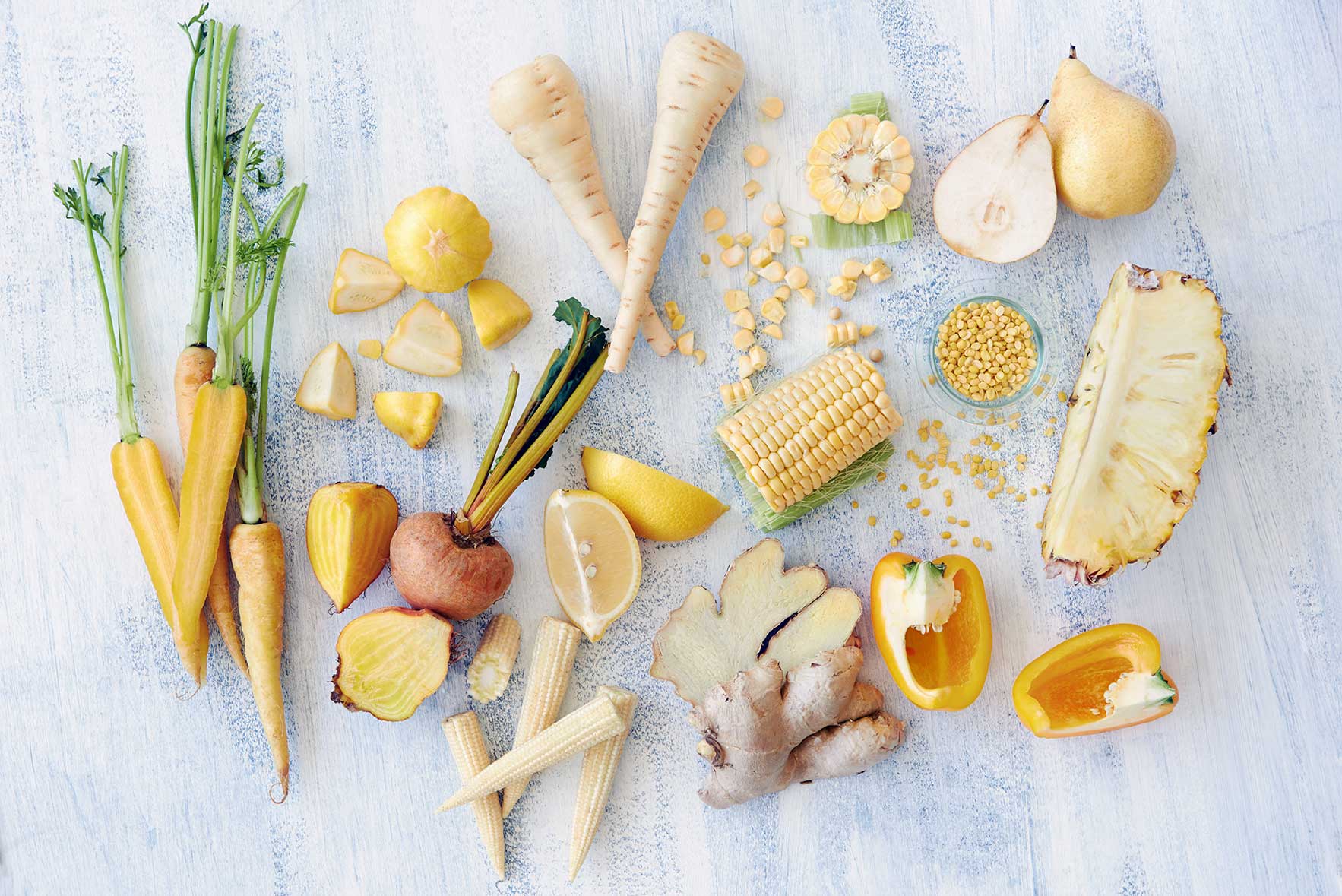Like a lot of people, you might want to look towards a diet that is beneficial to your health but also to the environment. Does eating organic and local food really allow us to reap these benefits? Here are the answers to five questions on these food trends, you have probably already asked yourself.
By Bernard Lavallée, RDN, MSc.
The urban nutritionist
Like a lot of people, you might want to look towards a diet that is beneficial to your health but also to the environment. Does eating organic and local food really allow us to reap these benefits? Here are the answers to five questions on these food trends, you have probably already asked yourself.
- Is organic food better for our health?
Researchers have found that some organic fruits and vegetables can contain a bit more of certain minerals, antioxidants and vitamins compared to conventional fruits and vegetables. However, we are talking about a few nutrients amongst the hundreds or thousands that are present. Therefore it does not really significantly impact their nutritional value. In short, to date, we cannot say that organic food is better for our health.
- What is the maximum distance food can travel to be considered local?
In Quebec, fruits and vegetables travel an average of 3500 km to 5000 km from the place where they were produced until they are on our plate. It is an enormous distance! To eat local, you don’t need to set a minimum distance. In the contrary, as soon as you make an effort to buy local food, it’s a step in the right direction. In addition, it encourages the economy of Quebec. Look for the “Aliments du Québec” logo to discover the local treasures!
- Can we rely on the term “organic”?
In Quebec, the words “biological”, “bio” and “organic” are regulated. So when you see these terms on food, you can be assured that the ingredients come mostly from organic farming. It is also an excellent way to protect our environment.
- Is eating local good for the environment?
Of course: the further away our food comes from, the more energy we have to use to move it. Food transportation is responsible for around 11% of the greenhouse gas emission. Choosing as much local and in season produce as possible is therefore a great way to minimize your impact on climate change.
- Is organic food more expensive?
Yes, organic food can cost more than conventional food. Why? Because the methods used by organic farmers require more resources. However, taking advantage of discounts and buying food that is in season, you can still find ways to buy organic, without it being too expensive.
Where to go and buy organic and local food?
It has become a lot easier lately to buy organic and local foods. Most supermarkets offer it throughout the year. However, a great option is to visit public markets, they are a veritable goldmine of fresh and in season produce sold directly by the farmers.
For more information about Montreal’s public markets visit: http://www.marchespublics-mtl.com/
Équiterre has developed a bio basket network that brings together farmers from across the province. When you sign up with Équiterre, you receive a basket of fruits and vegetables for a frequency and a duration that is chosen when you first join. This is a great way to encourage the local economy!
For more information on bio baskets visit: http://www.paniersbio.org/fr/
YOU MAY ALSO LIKE THESE ARTICLES
Go back to school in a well-balanced way – eating well despite a busy schedule
Demystify certain beliefs about the raw food diet




